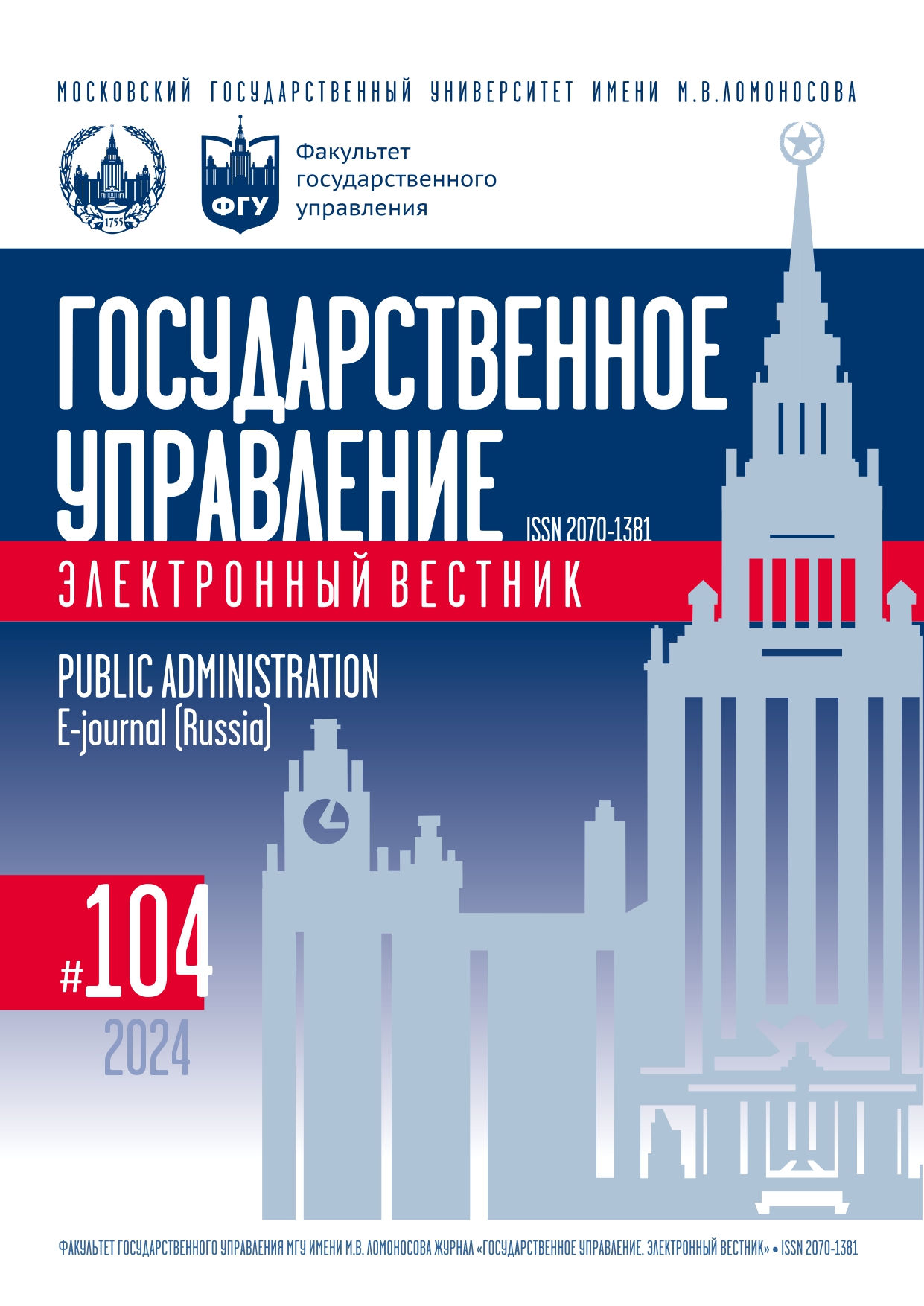Foreign Practices of Intelligent Transport Systems Functioning: Experience of Japan and USA
Keywords:
Intelligent transport systems, ITS architecture, Japan, USA, personal transport, transport intellectualization.Abstract
The article examines the experience of managing the implementation of intelligent transport systems (ITS) in the USA and Japan, analyzes the main forms of interaction between the state, local government and private sector organizations in the implementation of relevant projects. The research used methods of comparative legal and secondary analysis of statistical data. The presented work shows that in the USA and Japan, public authorities played a key role in the process of creating intelligent transport systems, and the private sector acted as a secondary agent. At the same time, the Japanese and American models of ITS implementation management differ significantly from each other. In Japan, the main participants in this process are entities with different social and managerial status, in the United States, equal organizational structures take part in the creation process. The consequence of this is that the financing of projects to create intelligent transportation systems in the United States is carried out by the states, the federation and the private sector, and in Japan only by the state and the private sector. The presented difference leads to the fact that the Japanese model of intelligent transport systems is characterized by a vertically integrated model of various subsystems with subordination. In turn, in the USA, ITS is a network structure. It should be added to the above that both the United States of America and Japan have formed an effective communication system between the main participants in the process of implementing intelligent transport systems, which avoids various dysfunctions and contradictions in their actions. In particular, in these countries, many discussion platforms, interdepartmental commissions, as well as working groups have been organized, within which the positions of the departments involved in the process of creating ITS are coordinated, as well as contradictions that arise during the implementation of the project under consideration are resolved. The experience of advanced countries in implementing ITS can be useful, given that similar projects are actively being implemented in most regions of Russia.
References
Гребенкина С.А., Гребенкина И.А., Благодир А.Л. Интеллектуальные транспортные системы как фактор социально-экономического развития // Вестник ПНИПУ. Социально-экономические науки. 2020. № 2. С. 317–329. DOI: 10.15593/2224-9354/2020.2.23
Гузь А.Р., Пальмов С.В. Цифровой двойник в интеллектуальной транспортной системе // Региональная и отраслевая экономика. 2023. № 1. С. 112–116. DOI: 10.47576/2949-1916_2023_1_112
Егоров С.В., Шационок П.В., Ерпылева А.И., Жарков Д.И. Мировой и российский опыт применения интеллектуальных транспортных систем // ТДР. 2022. № 2. С. 130–136. DOI: 10.52375/20728689_2022_2_130
Коврей В., Дубешко Л. Интеллектуальная транспортная система в Минске // Наука и инновации. 2021. № 6(220). С 49–53. DOI: 10.29235/1818-9857-2021-6-49-53
Меренков А.О. Сравнительная характеристика отечественной и зарубежной практик в области создания единой структуры управления национальной интеллектуальной транспортной системой // Вестник ГУУ. 2016. № 3. С. 211–218.
Николаева Р.В., Газизова З.С., Загидулина А.Д. Формирование и развитие интеллектуальных транспортных систем // Техника и технология транспорта. 2016. № 1(1). С. 8–14.
Саматов Р.Г., Саматов Ж.Р. Интеллектуальные транспортные системы на автомобильном транспорте // Экономика и социум. 2022. № 4–3(95). С. 341–350.
Тураева Н., Парманкулов С., Эшмурадов Д. Интеллектуальная транспортная система // Мировая наука. 2021. № 12(57). C. 166–171.
Ezell S. Intelligent Transportation Systems. Information Technology and Innovation Foundation. Washington, DC: ITF, 2010.
Hasegawa T. Intelligent Transport Systems // Traffic and Safety Sciences: Interdisciplinary Wisdom of IATSS / ed. by K. Doi. Tokyo: Japan Times Ltd., 2015. P. 49–60.
Hollborn S. Intelligent Transport Systems (ITS) in Japan. Tokyo: Technische universität Darmstadt, 2002.
Ureche Cr., Pişleag U. Intelligent Transport Systems Architecture // Journal of Scientific Conference Proceedings. 2018. Vol. 7. URL: https://www.researchgate.net/publication/330118340_Intelligent_Transport_Systems_Architecture

